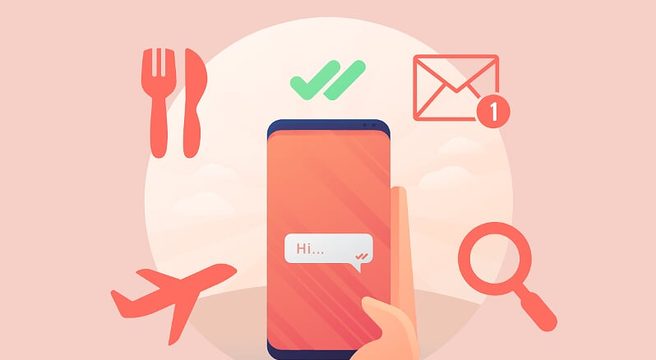People are busy. People who come to your website have ants in their pants. They can’t stay still for a minute.
Consider these two points:
- Visitors will make a snap judgement about your website. Research has found that the brain makes a judgement of a website in a 20th of a second. Your brain is very good at making quick, accurate decisions. We know it as ‘gut instinct’.
- Web users will scan your text rather than read it. Studies show that web users, on average, only read about 20% of the words on a page.
So what does this mean for your website?
Well, it means visitors to your site will judge you in an instant. They’ll then quickly scan your page looking for something relevant to them. If it’s not immediately obvious, they’ll leave your site, never to return.
Ok, this sounds a bit scary. How can you possibly engage these fickle web users?
Get to the point
Be upfront. Don’t bury key information in paragraph three. Put your core benefit in your headline or opening sentence. If users have to read any amount of text without knowing if it will benefit them, they won’t.
Studies now show how users view websites. The vast majority of your visitors’ attention (and we now know this isn’t a lot) will be focused in the upper left of your screen, following an ‘F’ shape on the page. Guess where your most important message should be…
Make your website easy to scan
Do you remember at school when you were taught to highlight the keywords of a passage? Well, that’s what you brain does automatically when looking at a website, it scans the text looking for the key information.
Visitors who find useful information (i.e. something that benefits them) become customers. Lose their interest early on and it doesn’t matter what you’re saying. So how do you do this?
- Write headlines and sub-headlines to show what the content is about. They act as signposts.
- Use short sentences and paragraphs. Big chunks of text are a big turn-off.
- Use bullet points for key information.
Be concise
Use as few words as possible. How many is the right amount? There is no rule. But as a rough guide, the more specialist or expensive your product or service, the more words you’ll need to convert a visitor into a customer.
As with all marketing, think about it as a consumer, not a business person. Would you buy a car with one paragraph of descriptive text? On the other hand, would you need more than a sentence to buy a light bulb?
Apply this advice to every page of your website and you’ll prevent people leaving. Tell people at the first opportunity what they will gain from being on your site, make your pages easy to scan and always be concise.
Only then will people stay on your site long enough for you to sell to them.





